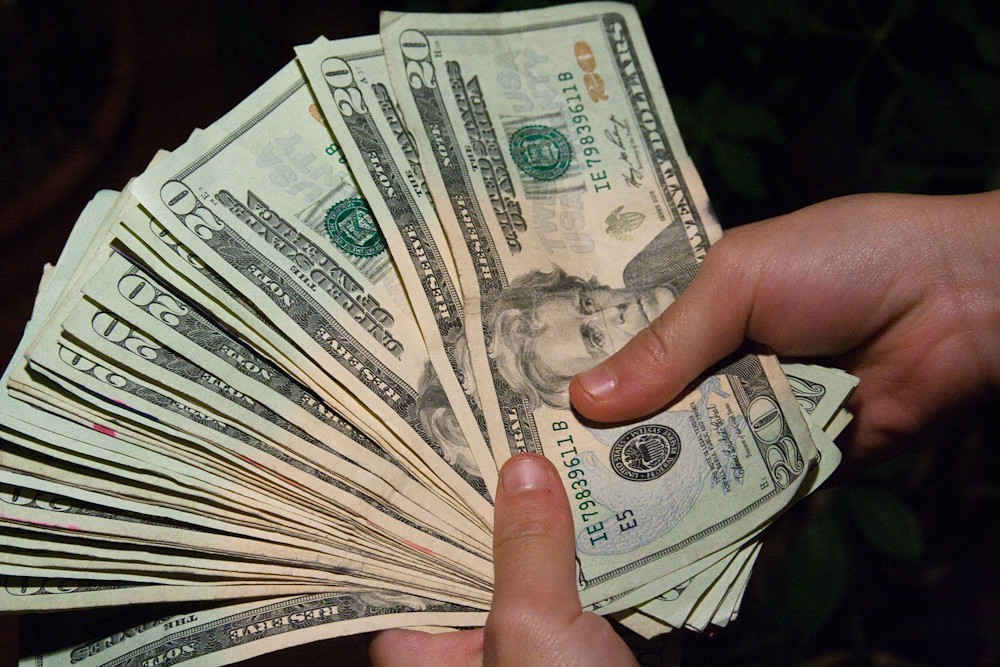I would like to begin this post by saying that when I hear the word "Reddit" I think of men in fedoras and wolf shirts who love My Little Pony
way too much and call women "m'lady". All gross stereotypes aside, I was absolutely fascinated as to all of the interesting and slightly educational things that I found on Reddit. I think it's safe to say I scrolled through Reddit for
way too long looking at people's gross medical conditions. Below I write about my observations.
Online Diagnoses, Cheaper Than a Doctor's Visit
Amazingly enough, most of what I found on Reddit was something along the lines of, "Hey Reddit dermatology feed! I recently noticed that I have a weird rash/pimple/growth on my (insert strange part of my body here). If anyone could just tell me what it is (I'm too cheap to see a doctor apparently), that would be great." *Insert photo of gross ailment here*. Now, I am not a doctor, but some of these things looked to be almost life threatening.
- The most meaningful exchange that I saw throughout my journey was two people arguing about whether or not something was indeed a melanoma. Neither one of them was a doctor that I know of, so at least they can't be sued for malpractice because I'm not even 10% sure that either of them had any idea what they were talking about.
- As I continued my search throughout the internet's most notorious website, I came across a feed that actually seemed to be well moderated (meaning that there were fewer pictures of skin conditions) and had some actual educational content. Here it seemed that actual professionals were just sharing some information about important doctor things, such as "physician's burnout," which to the on-looking patient is actually terrifying.
My Very Interesting Finds
- By far, this was my favorite Reddit feed that I found. I especially like how this feed actually had a disclaimer about how you should probably see a doctor as none of this is actually real life medical advice. Although the post wasn't written by a professional it was kind of cool to see how someone gave this person advice based on a similar experience that they had had, and cured, thanks to a diagnosis from a medical professional. So all-in-all, I would say that this was a positive exchange that actually had a good outcome (the OP went to a doctor eventually, and was hopefully cured).
- I thought this was also a very interesting feed. What I liked about this one (besides the disgusting photo), was the tension. Imagine: two people, arguing about whether a gross red thing on someone's finger is psoriasis or eczema. Neither is a doctor. Who will win? Turns out it was psoriasis, and it can be treated with ice and a humidifier. It's not life threatening (just itchy) so I guess I can kind of see why someone might just turn to the internet instead for a simple home remedy.
In Conclusion...
I have to say that I was sort of biased going into this particular part of my research because most of what I have heard about Reddit isn't that great. Based off of my Reddit research, I have to say that in my findings there was not a lot of professional activity. I sort of expected the people of the internet asking actual doctors for diagnoses, but instead they asked random people. I was prepared to read some gross dermatological things, however I could have never prepared myself for a picture of a penis covered in psoriasis. After this experience, I was made to realize that dermatology is not the glamorous field of treating tame things like acne and benign skin cancer that most people think it is.s














